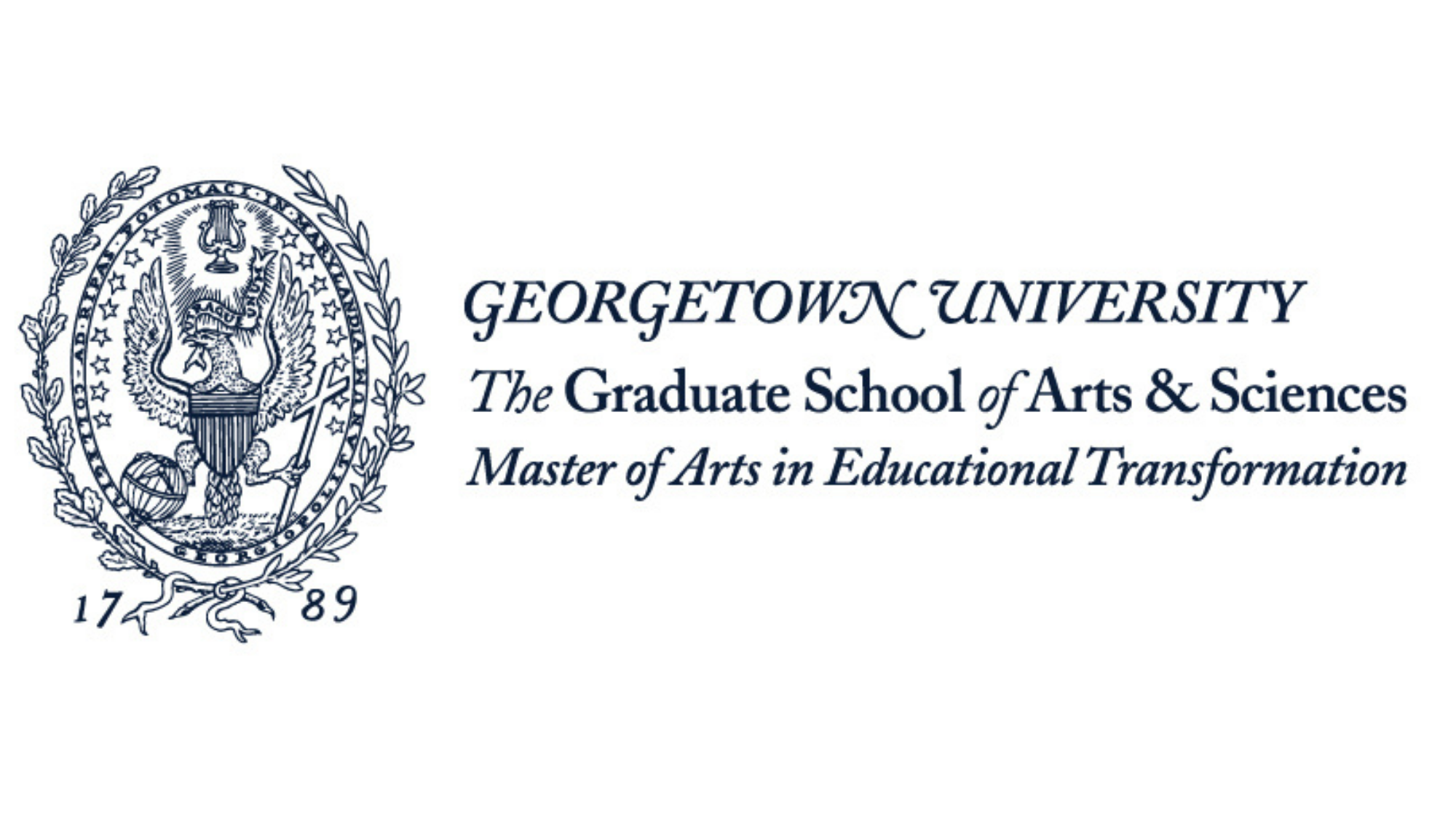Systemic Racism in Access to Higher Education
The M.A. Educational Transformation and the Program in Education, Inquiry & Justice invite you to a series on Systemic Racism in Access to Higher Education featuring Dr. William Ming Liu (University of Maryland, College Park) and Dr. Rossina Zamora Liu (University of Maryland, College Park).
Friday, November 5, 5:00pm-6:30pm ET
White Gravenor Hall 201A
Georgetown University
This in-person event is limited to members of the Georgetown University community and non-Georgetown University members who can provide proof of vaccination. Attendance will be taken at the door. To watch a virtual livestream of the event, please visit our Facebook page.
RSVP at https://bit.ly/2Zl4Xfc
Systemic Racism and the Racialization of Geographies and Time in Education
William Ming Liu, PhD
In this talk I discuss my conceptualization of systemic racism through a racial-spatial framework wherein antiblackness, white supremacy, and racial capitalism interlock to create and recreate white space and white time (Liu & Liu, forthcoming, Oxford). This framework provides a way to understand how our geographies are racialized (such as at historically white institutions) and how time is used against Black and non-Black people of Color. In the context of education, Black, Indigenous, Latino/x, Asian, and other non-Black students, staff, and faculty of Color have learned through acculturation, racial trauma, and microaggressions to navigate white spaces while contending with racism such as time theft. I discuss the psychological, educational, and physical health problems associated with living in and navigating white spaces. What implications might this have, for example, on learning cognition, neighborhood boundaries, policing and surveillance, community engagement and community-based research?
De-specification of Antiblackness and Asian American Local Educational Activism
Rossina Zamora Liu, MFA, PhD
Although Asian Americans are often overlooked by political parties and candidates, their political power bears significant relevance in education politics and affirmative action policies. In this presentation, I discuss how some highly organized groups of Asian American parent activists oppose admissions policy reforms intended to diversify student enrollment to local, specialized high schools. I share two narratives deployed by this vocal minority: anti-Asian discrimination and Asian American exceptionalism. These narratives prioritize the historical and interpersonal racialized experiences of Asian Americans over institutionalized racial inequality experienced by Black students, i.e., residential housing and school segregation. By valorizing Asian American exceptionalism and meritocracy, these claims relegate racism as a historical problem, mirroring ideologies of white supremacy and anti-Blackness while reconstituting antiracism. What implications does this have, thus, on antiracist education reforms? On cross-racial solidarity and coalition?
—–
For questions or accommodations, contact Anne Musica at anne.musica@georgetown.edu.
